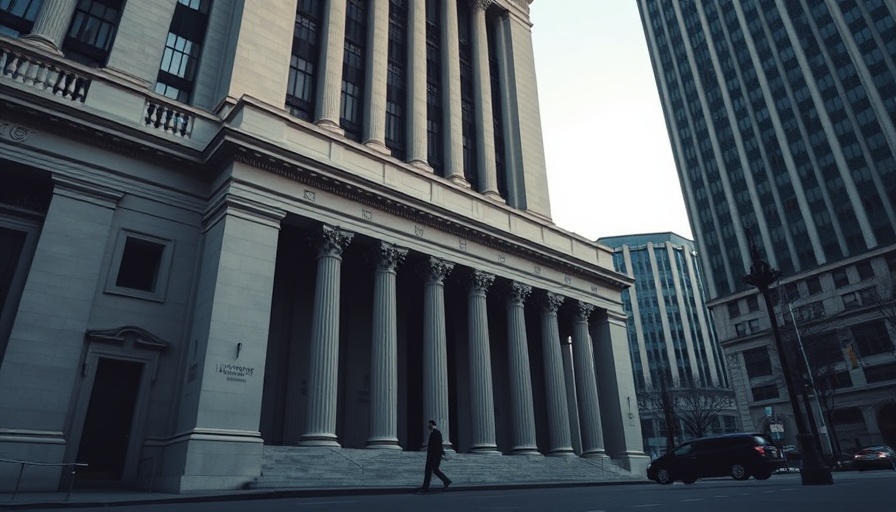
Investors Turn Away from US Bonds Amid Policy Concerns
In recent weeks, the US bond market has witnessed a notable shift, with many investors pulling back in response to uncertainties surrounding Donald Trump’s anticipated policies as he gears up for a potential second term. This shift not only raises questions about the future of fixed-income investments but also hints at a broader reassessment of risk in the markets.
Understanding the Investor Sentiment
The primary concern among investors is the potential for aggressive economic policies, particularly those that may disrupt trade and increase tariffs, as indicated by Trump’s historical approach. These fears have led to apprehensions regarding inflation and interest rates, putting pressure on long-term bonds. When investors believe that inflation will rise, they often flee from bonds, which traditionally are perceived as safe investments because their returns can be eroded by rising prices.
The Impact on Bay Area Businesses
The implications of this bond market shift extend significantly into the Bay Area, especially for Silicon Valley startups that rely heavily on venture capital funding. As interest rates rise and liquidity in the bond market tightens, those startup ecosystems may find it increasingly challenging to navigate the investment landscape. Entrepreneurs looking to secure funding must now face a more cautious investor sentiment that is influenced by broader economic trends.
Revisiting Business Growth Strategies
Businesses in the Bay Area must adapt their growth strategies in response to these changing economic conditions. For many companies, especially those involved in mergers and acquisitions, the new economic climate presents both challenges and opportunities. Small businesses, often more agile than their larger counterparts, might seize this moment to innovate and pivot their offerings based on shifting consumer behavior trends influenced by broader economic uncertainties.
Current Economic Forecasts and Business Trends
Experts suggest that if Trump’s policies take a hardline stance on issues like trade wars and corporate taxes, the markets could react favorably in the short term, creating optimal conditions for some sectors. Yet, the long-term effects could potentially destabilize current business growth trends and challenge corporate earnings. In turn, this calls for businesses to keep a close watch on economic forecasts while adjusting their financial strategies accordingly.
Corporate Social Responsibility and Sustainability
Businesses must also consider the role of corporate social responsibility (CSR) in this evolving landscape. As consumers increasingly demand sustainable practices, businesses that embrace sustainability and ethical governance may stand out even in times of economic uncertainty. Corporations focusing on sustainable business practices not only contribute positively to society, but they also build resilience against the type of market volatility that stems from unpredictable political policies.
Opportunities for Investors and Startups
Interestingly, the current climate may also present unique opportunities for investors. With an increasing focus on ESG (environmental, social and governance) investments, particularly from younger cohorts who prioritize sustainability, startups and established businesses can align their operations with these values to attract venture capitalists who are re-evaluating their portfolios.
Conclusion: Navigating the Future
As investors continue to weigh their options amidst concerns over Trump’s potential policies and the outcomes for the US bond market, both established businesses and startups must remain agile. The Bay Area's dynamic environment thrives on innovation, and now more than ever, understanding market shifts and embracing sustainable practices can lead to significant business advantages. Adapting business strategies and engaging effectively with evolving market sentiments can pave the way for future success.
 Add Row
Add Row  Add
Add 



Write A Comment